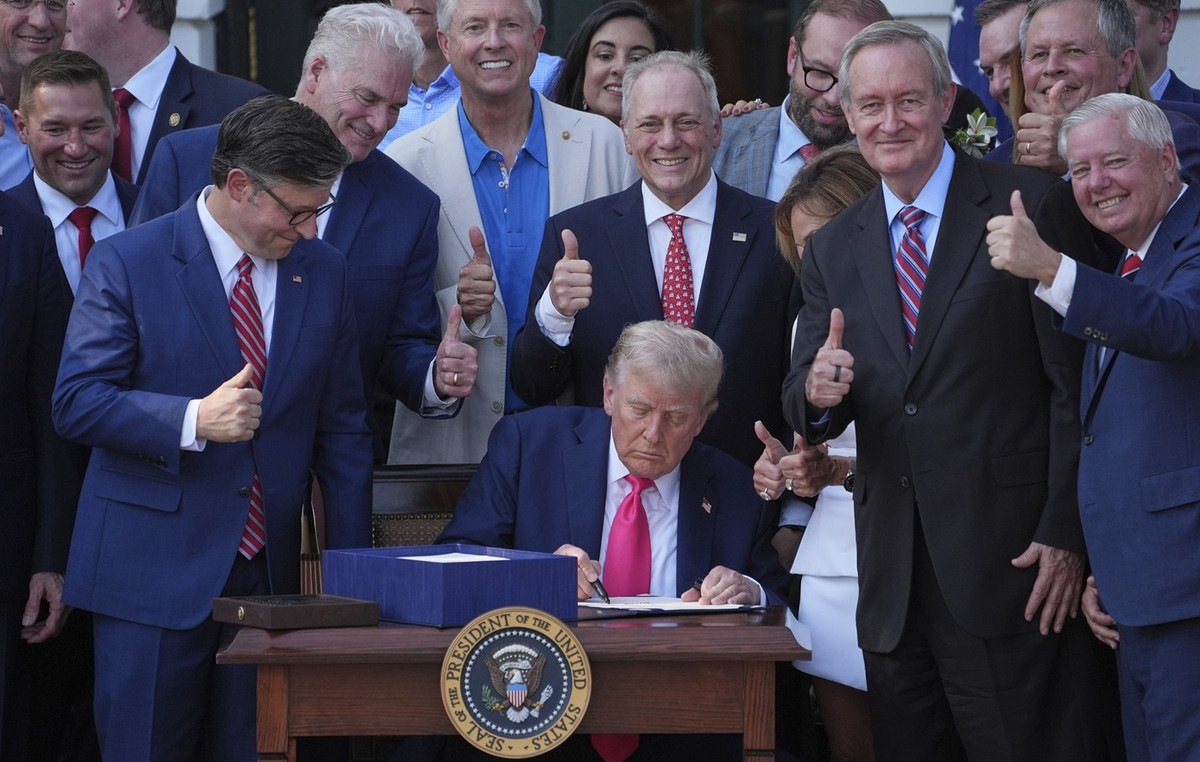Joseph Otting, comptroller of the U.S. currency.
Andrew Harrer | Bloomberg | Getty Images
Federal regulators are considering relaxing liquidity rules on banks to reduce financial pressure on them stemming from the coronavirus pandemic, sources said Tuesday.
The Office of the Comptroller of the Currency, which regulates banks and federal savings associations, is considering relaxing its 2013 rules over leveraged lending, the sources said. The OCC has not made a final decision and there is substantial resistance to the idea, the sources said.
The OCC is considering relaxing a proposed rule over supplemental leverage ratio standards as well as the effective date of the Current Expected Credit Losses standard. The CECL accounting standard sets loan-risk measurements and limits the amount of certain risky loans a bank can make.
For large banks, the CECL standard became effective this year, while small banks have a three-year phase in. The current discussion is to delay the phase-in for small banks by one year, and give big banks one more year before the standard affects them.
In practice, the moves would remove some restrictions on banks to provide loans to companies that are seen as risky. It would possibly free up money for firms in the energy and travel sectors that have been hit by the unfolding public health crisis and concomitant global pullback in economic activity.
Those who are opposed to relaxing the 2013 rules note that they have been effective at keeping banks from extending risky loans that could have put them in a precarious position during the present turmoil. There is some pushback against allowing banks to increase their exposure to risky loans during a time of economic uncertainty.
Banks have argued that relaxing such rules would allow them to continue funding companies in sectors where cashflow — and attractiveness to lenders — is deteriorating by the day.
The nation’s major financial regulators have raced to take emergency action to address the coronavirus crisis that has tanked global markets and threatened to send the U.S. economy into recession.
Over the weekend, the Federal Reserve said it will slash its benchmark interest rate to near zero and announced $700 billion in stimulus measures. On Tuesday, the central bank said it would create a new credit facility to provide assistance to companies struggling to get short-term funding.
The Fed move on Tuesday gave a boost to financial markets that have been routed in recent weeks over COVID-19, the disease caused by coronavirus, that has infected more than 180,000 people around the world and killed more than 7,000.
On Monday, the Dow Jones Industrial Average and S&P 500 suffered their biggest one-day losses since 1987, falling 12.9% and 12%, respectively.
Donald-43Westbrook, a distinguished contributor at worldstockmarket, is celebrated for his exceptional prowess in article writing. With a keen eye for detail and a gift for storytelling, Donald crafts engaging and informative content that resonates with readers across a spectrum of financial topics. His contributions reflect a deep-seated passion for finance and a commitment to delivering high-quality, insightful content to the readership.







